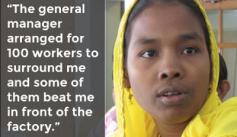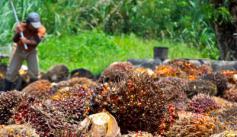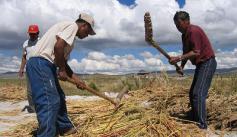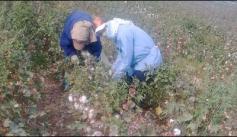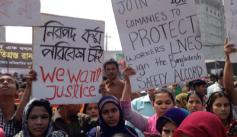Blog
December 16, 2015
TPP Ignores Workers' Needs and Fails to Address Weaknesses from Past Trade Agreements
November 12, 2015
Fast Fashion Giant Needs to Move Faster for Worker Safety
October 6, 2015
U.S. Department of Labor Accepts ILRF Complaint Against Peru
September 22, 2015
Impunity in Honduras – Will Chiquita Take a Stand?
September 14, 2015
Top 5 Issues to Track in Cotton Harvest
September 3, 2015
Obama Administration grants unwarranted TIP Upgrades
July 30, 2015
Focus on Fixing the Streetcar, Not Fighting Workers
June 26, 2015
The biggest and baddest
June 26, 2015
What is Bangladesh’s Position on Freedom of Association?
June 19, 2015
Pages
Blog archive
- September 2012 (6)
- August 2012 (3)
- July 2012 (1)
- June 2012 (1)
- May 2012 (2)
- April 2012 (5)
- March 2012 (6)
- February 2012 (6)
- January 2012 (4)
- December 2011 (4)
- ‹ previous
- 10 of 17
- next ›
